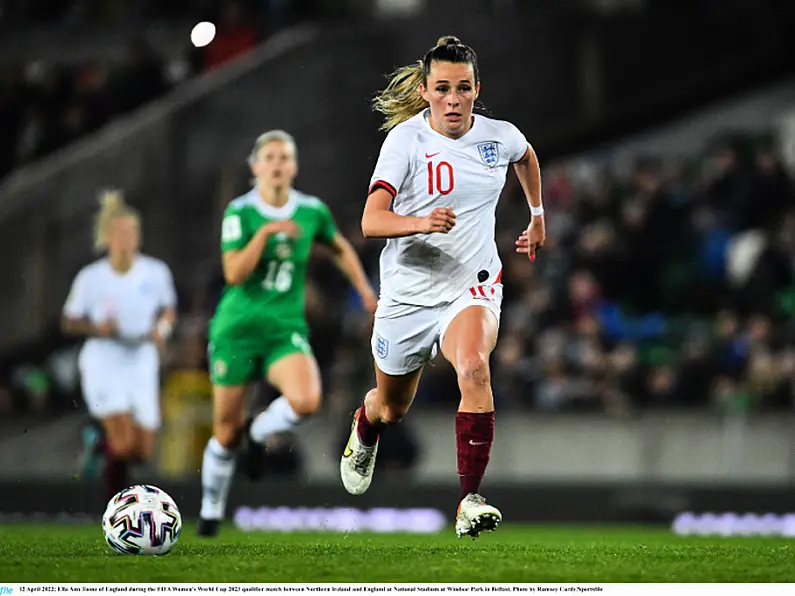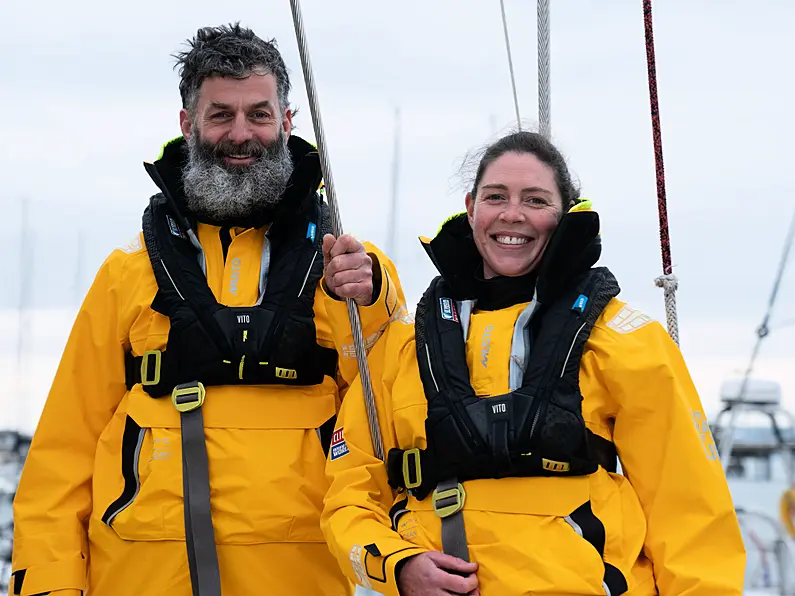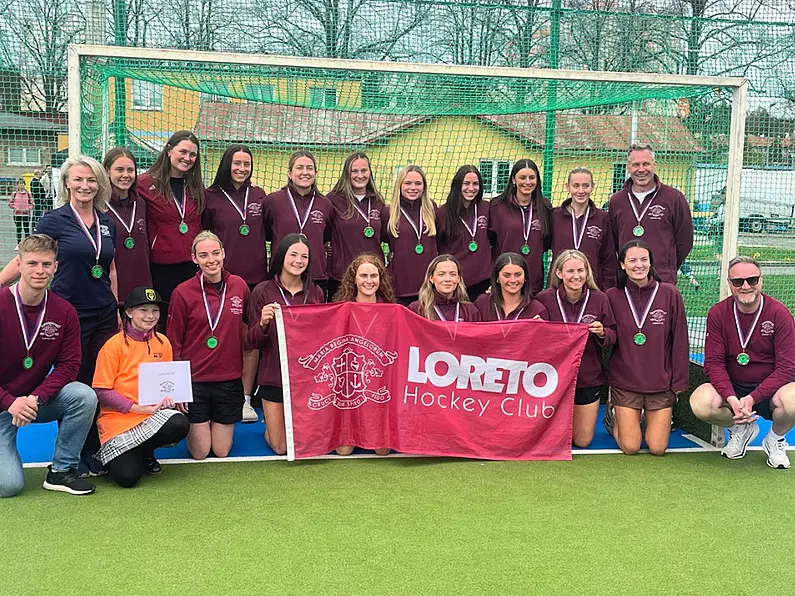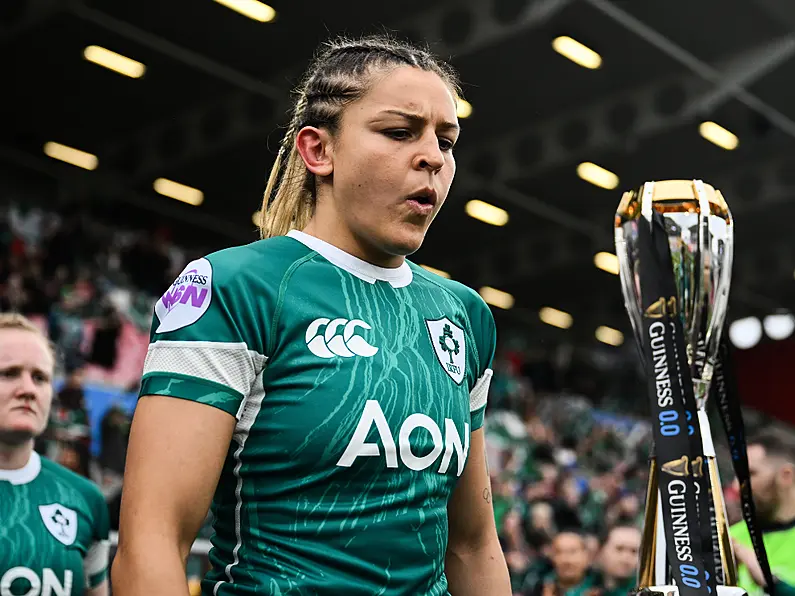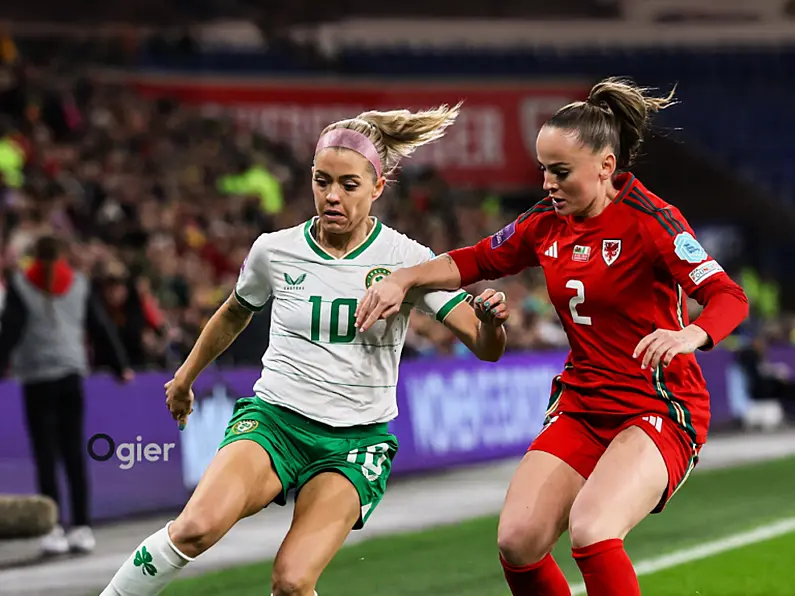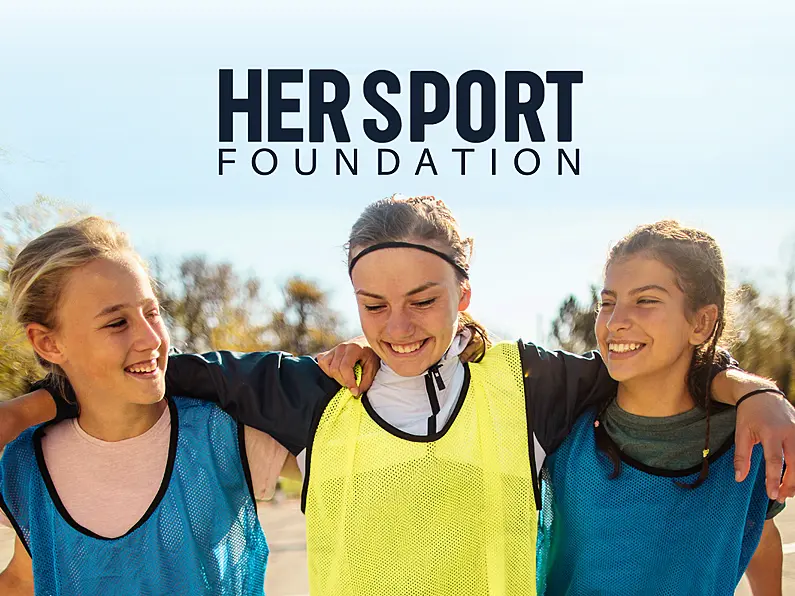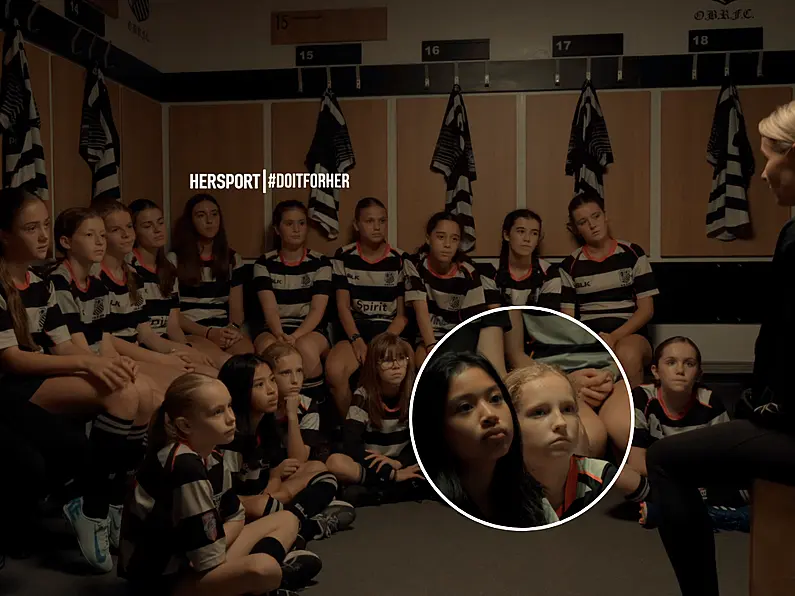The world swimming governing body ruled to ban transgender women from competing in the women’s category of events on June 20, according to Associated Press [AP] News.
FIFA announced it will be reviewing its gender guidelines, which may change transgender athletes eligibility to compete. This comes after FINA’s implementation of its “gender inclusion policy” and the suggestion of an open category for transgender athletes, according to AP News.
FINA’s new policy determines transgender swimmers who transitioned after age 12 will be unable to compete in the women’s events.
The Rugby League governing body also decided to ban transgender women from international competion eariler this week.
FIFA has made no definitive decision.
“FIFA is currently reviewing its gender eligibility regulations in consultation with expert stakeholders,” a FIFA spokesperson told The Irish Times. “Should FIFA be asked to verify the eligibility of a player before the new regulations will be in place, any such case will be dealt with on a case-by-case basis, taking into account FIFA’s clear commitment to respect for human rights.”
Journalist Ger McCarthy joined Niamh Tallon on this week’s episode of The Her Sport Show to discuss this growing controversy.
“I wouldn’t be ruling on FIFA to take the lead on anything,” McCarthy said. “They’ve obviously sat back and watched, very carefully, what the swimming league as well has decided to do. I think the key thing you’ve mentioned there, in the newspaper package as well, is the lack of policies.”
Tallon commented on the potential pitfalls of implementing several open categories in athletic competitions.
“If you have too many events to offer, there is going to be no competition,” Tallon said.
McCarthy explained that FIFA, along with many people, are likely waiting for the first person to come out and “correctly question” this scenario.
Although this discussion seems to be hitting the surface, McCarthy clarifies that without concrete policy there is likely no solution in sight.
McCarthy emphasised considering the athlete’s perspective first and foremost. He said these are young people who just want to compete.
Tallon referred to a previous interview with transgender athlete Joanna Harper, who discussed the differences between male and female puberty. Harper is attending Loughborough University and is studying transgender athletes as she earns her PhD.
“She said as somebody who had gone through the transition and who is doing all the research that there are physiological differences there that can’t be ignored…,” Tallon said.
Joanna Harper spoke on an episode of It’s Just Sport in July 2021 to discuss the science behind transitioning and competition for transgender athletes.
“I think it is very valuable to try to protect us as it will, to encourage, to make certain that women’s sports thrive,” Harper said. “Part of that I think is ensuring that everyone in the competition category, female category, can enjoy meaningful competition. Now, that doesn’t mean that there is an entirely level playing field because there never is an entirely level playing field in sports. But, you don’t want a situation where someone’s biological characteristics are so different than the other people in the category that you can’t have meaningful competition.”
McCarthy continued, stating it will be up to the governing bodies to apply policies that create clear guidelines for competition.
“I always go back to the athlete, transgender or not, what does the athlete want,” McCarthy said.
When Tallon asked McCarthy what his solution to inclusivity and fairness in sports might be, he said it was not possible.
”I don’t think you can, at an international level,” McCarthy said. “That is my honest answer, and I don’t mean to be smart about it. The people I am talking about here are young transgender athletes who just want to be an athlete.”
To watch this full discussion and lot’s more tune in to The Her Sport Show every Wednesday.
